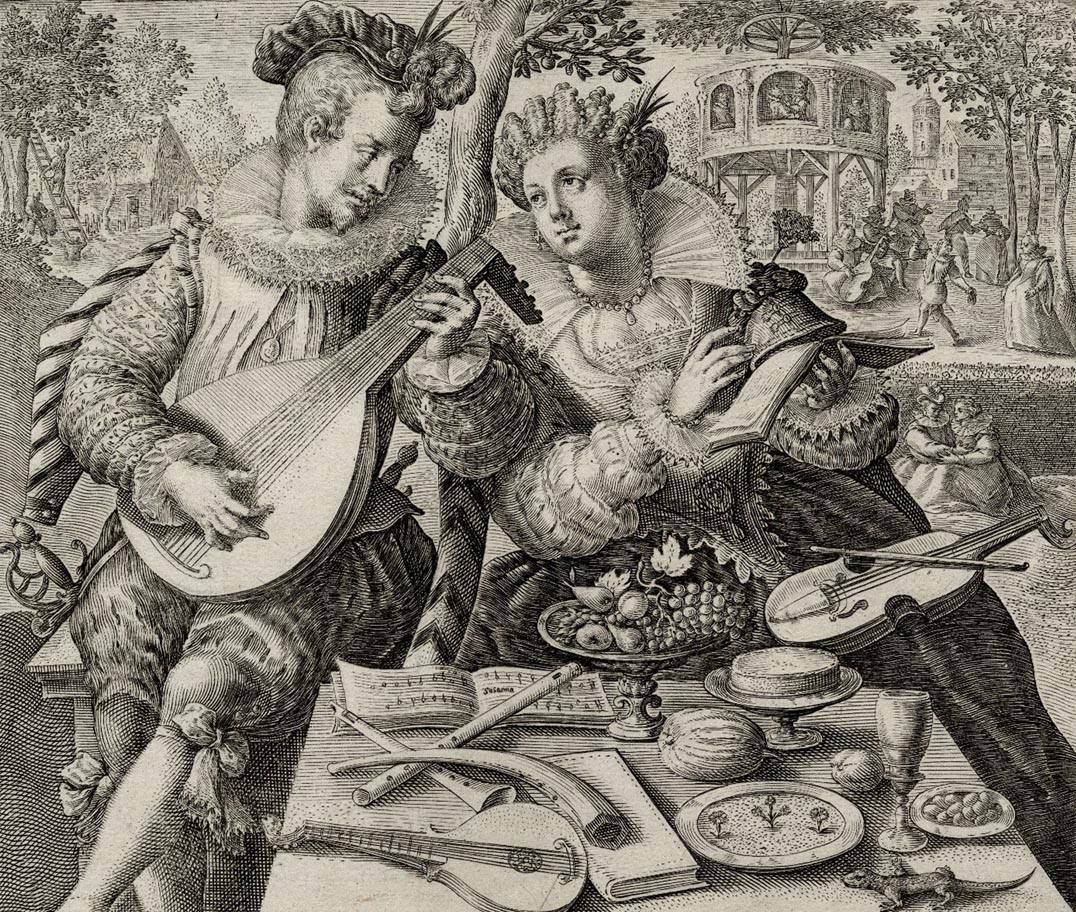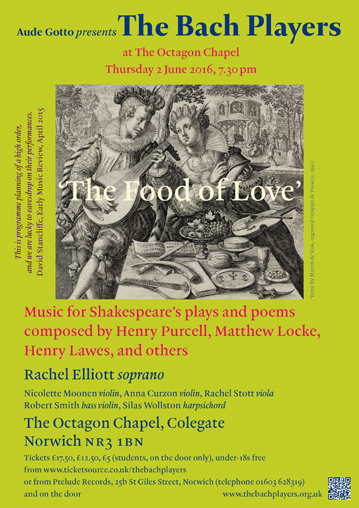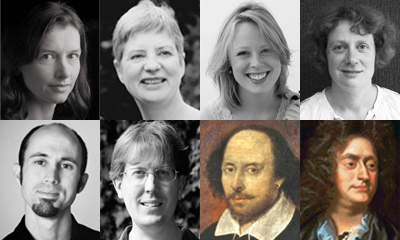Back to Diary
The Food of Love

Thursday 2 June 2016, 7.30pm
The Octagon Chapel, Colegate, Norwich NR3 1BN
Shakespeare’s plays were at the heart of the Restoration theatrical repertory. Freely adapted, with lavish music and spectacular staging, a number of them remained popular even after a new Restoration repertory had developed. In this programme, music by Henry Purcell is placed alongside that of his predecessors, Matthew Locke and Robert Smith, and of his pupil John Weldon, painting a picture of changing musical approaches to the words of the bard. The programme also includes the earliest surviving setting of a sonnet by Shakespeare, an adaptation of Sonnet no. 116 by Henry Lawes.

The music
Robert Smith (c. 1648–1675): Chacone in B flat
Henry Purcell (1659–95): ‘If music be the food of Love’ (Twelfth Night), 1st version
Matthew Locke (1621–77): Alman from The Rare Theatrical
John Weldon (1676–1736): ‘Take, O take those lips away’ (Measure for Measure)
Songs in The Tempest
Pelham Humfrey (1647–74): ‘Where the bee sucks’
John Weldon: ‘Dry those eyes’
Henry Purcell: ‘Dear pretty youth’
with instrumental music by Locke and Smith
Henry Purcell: ‘If music be the food of love’ (Twelfth Night), 3rd version (Z379c)
Matthew Locke: Song and dances in Macbeth (1664)
Henry Lawes (1595–1662): ‘Self-blinding error’, version of Shakespeare’s sonnet no. 116
Henry Purcell: Songs and dances in The Fairy Queen (A Midsummer Night’s Dream)
The musicians

(Rachel Elliott soprano, Nicolette Moonen violin, Anna Curzon violin, Rachel Stott viola, Robert Smith bass violin, Silas Wollston harpsichord)